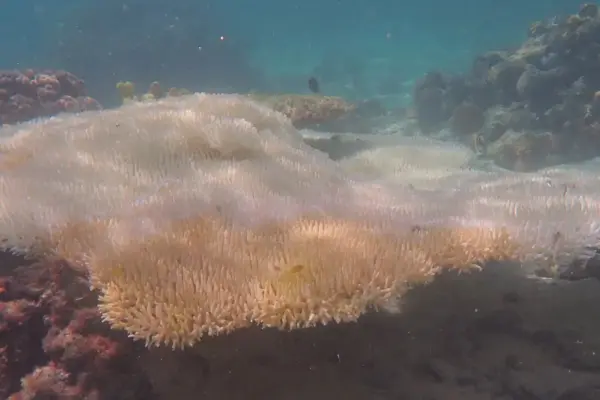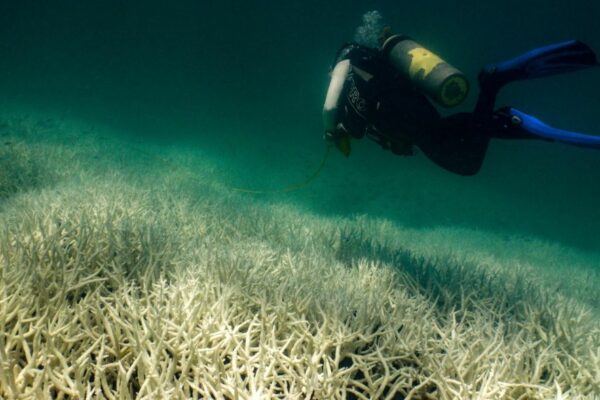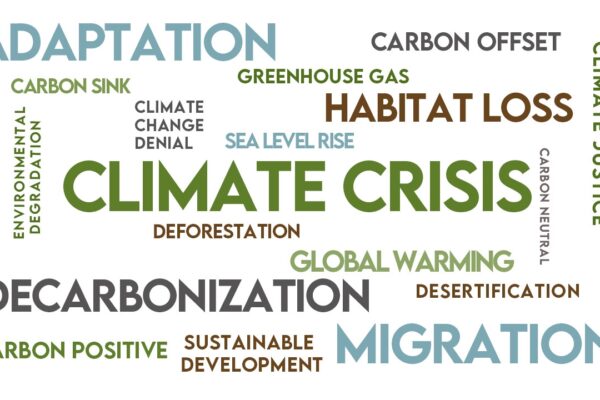Ships to Release Alkalinizing Agents, Save the Great Barrier Reef!
The ongoing buildup of carbon dioxide has affected the global climate with increasing temperatures. This has inherently made oceans warmer and more acidic, the effects of which have degraded the coral reefs around the world.
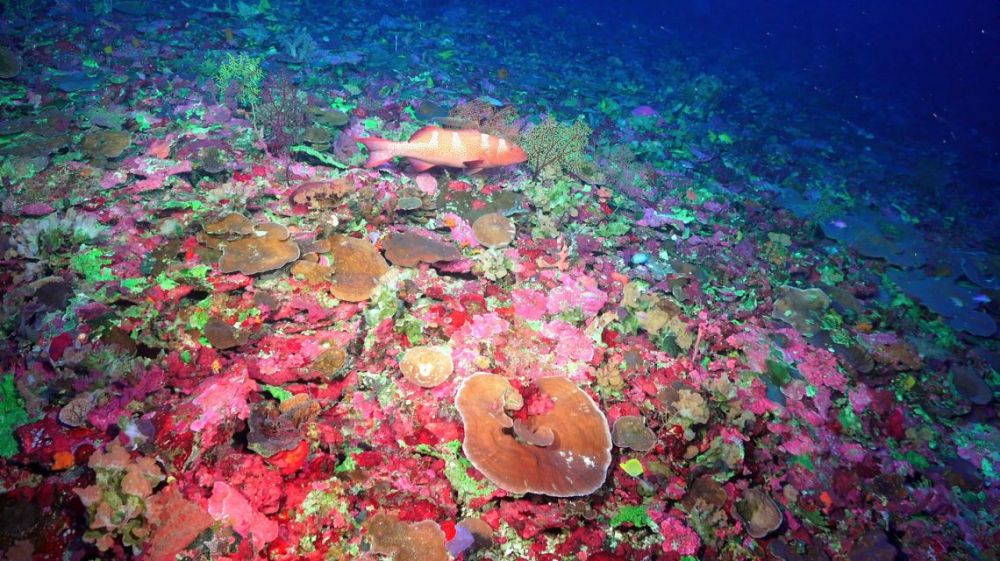
Image: ROV SuBastian/SOI
Research conducted by CSIRO Oceans and Atmosphere, Hobart, came with an interesting concept to prevent damage to a certain extent – by releasing alkalinizing agents from ships that could protect Australia’s Great Barrier Reef.
Acidic water disrupts the pH level, reducing the concentration of the carbonate ions in the seawater – used to build out their skeleton. This compromises the structure of the coral reefs following the bleaching events.
Also Read: Microbiome Transplants help Coral Reefs Combat Heat Stress amid Global Warming
Coral skeletons are made of aragonite, a form of calcium carbonate. Corals grow the skeletons upward with bundles of aragonite crystals, one top of each other. The buildup provides strength to the skeletons and helps to withstand the current and waves underwater. The results of this study were published today in IOP Publishing journal Environmental Research Letters.
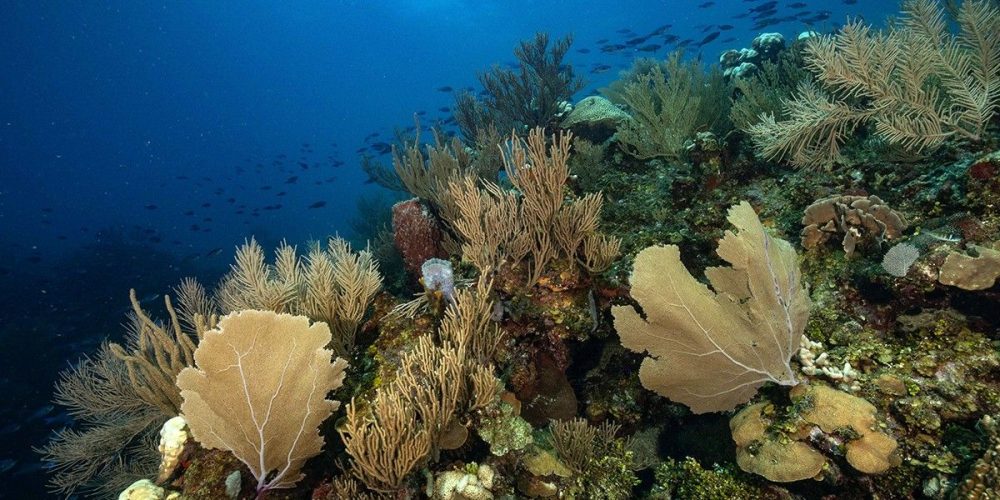
Image: Coral Reef Alliance
In response to the declining health of the coral reef ecosystem, a wide range of potential solutions has been investigated and under consideration. This includes a proposal to add alkalinity to balance the pH level for a positive impact on the coral reef to a certain level.
Researchers have stated that that they used a coupled hydrodynamic-biogeochemical model that was validated for the Great Barrier Reef region. The process would require 30,000 tonnes of the alkalinizing agent from a carrier that can reach out to the entire reef over 2,000 km.
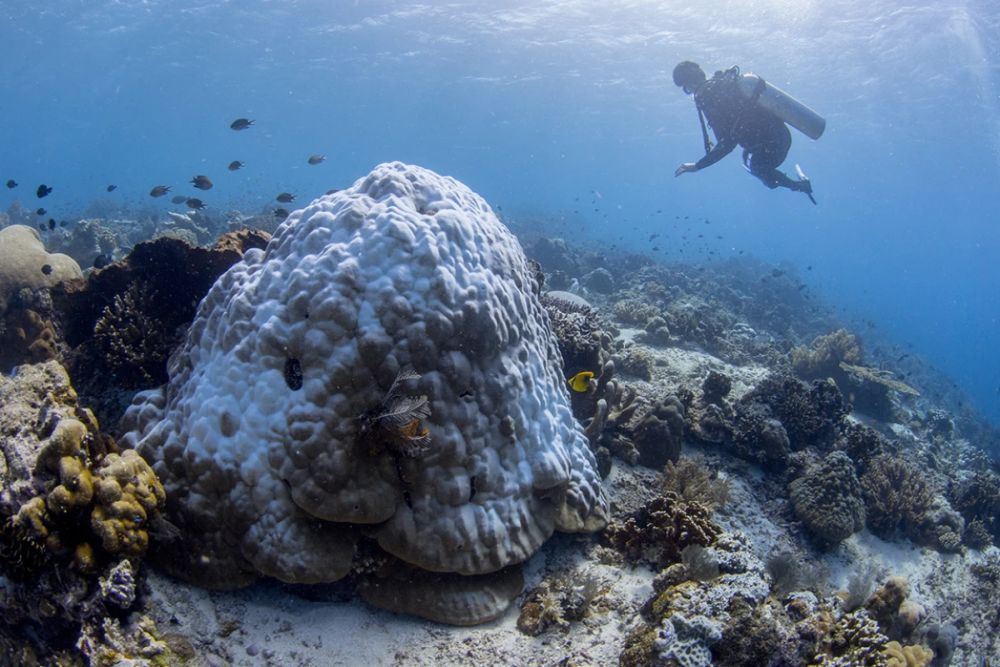
Image: A. Roik
This strategy was stated to offset 10 years of ocean acidification in the area. Despite permanent solutions being far-fetched, it must be noted that temporary and quick fixes are important for vulnerable areas as the world continues to fight long-term over the issues of global climate change and its effect on the oceans.
Via: Earth
